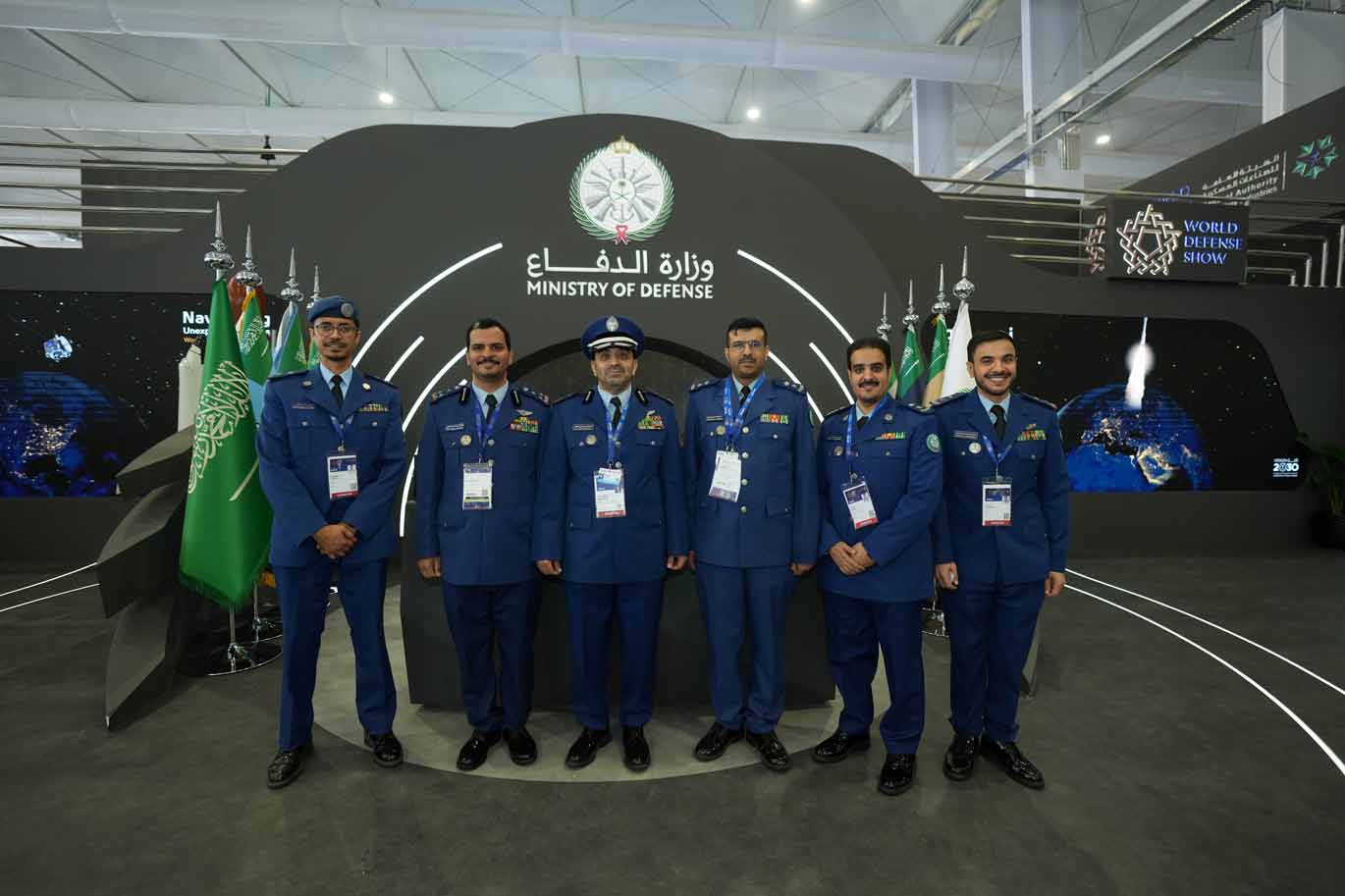GAMI announces increased defence localisation rates for Saudi Arabia at World Defense Show
Defence localisation rates increase to 13.6% at the end of 2022, says GAMI at the World Defense Show.
Anita Hawser
05 February 2024

As the second annual World Defense Show (WDS) takes place in Riyadh from the 4–8 February, defence leaders highlighted progress the kingdom is making in realising its Vision 2030 goals to localise 50% of its defence expenditure.
His Excellency Ahmad Al-Ohali, governor of the General Authority for Military Industries (GAMI), organisers of the second edition of the event, expressed his profound gratitude to King Salman bin Abdulaziz Al Saud, and His Royal Highness Prince Mohammed bin Salman bin Abdulaziz, the Crown Prince, Prime Minister, and chairman of the board of directors of GAMI for their unlimited support.
“This support enhances the kingdom's strategic independence and directly serves the ambitious goals of Vision 2030 which aims to localise 50% of defence expenditure,” he stated, noting that the kingdom has begun to reap the benefits of this support, with localisation rates increasing from 4% to 13.6% at the end of 2022.
The number of foundational permits and licenses reached 477 permits for 265 companies operating in the defence industries sector, alongside the launch of more than 74 investment opportunities for supply chain localisation.
The defence sector's contribution to GDP is expected to reach approximately SAR 93.75 billion (USD 25bn) by 2030, with an estimated total of 40,000 direct job opportunities and 60,000 indirect job opportunities, according to Al-Ohali.
He also highlighted the exhibition's significance as a global platform for defence and security industry experts, manufacturers, and decision-makers.
This year’s WDS has attracted more than 770 exhibitors from 75 countries with major international defence firms such as RTX showcasing its expertise in developing advanced counter-unmanned aircraft systems and its portfolio of air and missile defence sensors and effectors, including the Patriot GEM-T missile and the Lower Tier Air and Missile Defense Sensor (LTAMDS), designed to detect and defeat complex threats across the battlespace.
The company will shed light on its experience in developing advanced defence technologies for the connected battlespace and demonstrate solutions to modernise C-130H fleets, like the new Enhanced Vision Systems, the NP2000 propeller systems and its wheels and carbon brakes, the Zero-G helmet and Aces 5 ejection seat for current and next-generation fighter pilots, as well as space exploration capabilities.
While no defence companies from the Middle East region featured in SIPRI’s Top 100 Arms-producing and Military Services Companies, 2022, partly due to a lack of available data, state-owned companies such as Saudi Arabia (SAMI) and the UAE (EDGE) have been experiencing rapid growth in recent years through substantial government investment in domestic production and partnerships with Western primes.
The UAE’s EDGE Group spent much of 2023 acquiring technology companies like Finland’s Milrem Robotics, a leader in the fields of robotics and autonomous systems and announcing partnerships with Western defence primes.
According to the WDS show daily, EDGE’s acquisition of Milrem Robotics is already delivering results for the company in the region, with 40 of its THeMIS unmanned ground vehicles to be acquired by UAE armed forces for an operational trials programme. Twenty of its Robotic Combat Vehicles will also be acquired.
South Korean defence company Hanwha Ocean is also exhibiting for the first time in the Middle East its 3,600 ton KS-III diesel-electric submarine.
Also featured for the first time this year was a Defense Space Arena, incorporating the Space Theatre and the Defense Space Domain, which aim to provide professional insights into the innovations and pioneering technologies defining the future of space; the challenges of governance in space and the need for international collaboration; the potential for defence and space interoperability; and the advantages of diversity in the space sector.